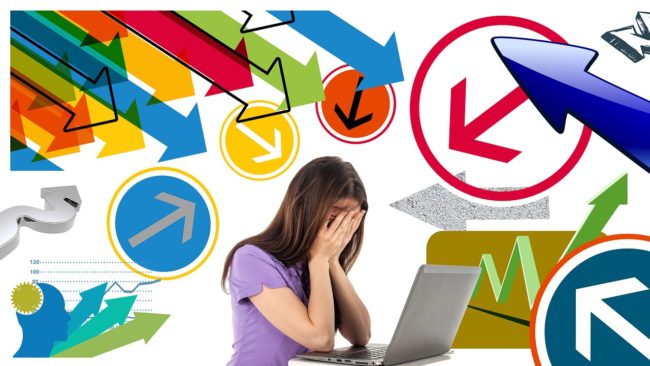Is work anxiety affecting your whole life? Simple steps to achieve a better work/life balance
Wirral transformational mind coach and therapist Alison Blackler of 2MindsNLP offers easy-to-follow steps to a happier, healthier and more relaxed you – at work and at home

Work/life balance – do you have a handle on yours?
It’s important to get a handle on mood swings or energy shifts if you want to maintain the balance and be successful in business.
Some people appear to be hardwired to respond optimistically and hopefully to life’s ups and downs. Others are wired for opposite responses.
Change is achievable
Fortunately, you do not have to settle for the wiring you were born with. With practice you can improve your resilience and your hopefulness by acquiring solid positive thinking skills.
Six ways to stop procrastinating – click to read more
I like to think of the process of building hopefulness, resilience and positive thinking skills as an analogue to building physical fitness – it takes attention, concentration, commitment, and repetition.

The first hurdle to get over is the belief that you already need to be different in order to succeed. You don’t. You are the way you are and you can start from here, overwhelmed, worried, anxious, whatever.
Don’t fall into your story about how you feel, but take a stand for what you intend to accomplish to restore your work life balance and where you plan to go.
Have patience
You do not need to feel better before you try these practices – do them now. And, do not interpret your progress in the short term. Measuring increase in strength and endurance after a single workout would be silly.
People with an optimistic approach to life habitually accept positive thoughts and dispute negative thoughts.
Here is a practical approach which was designed by Martin Seligman, a psychologist and researcher. It is recommended for shifting from hopelessness to hopefulness and he called it the ABCDE – Adversity, Beliefs, Consequences, Disputation, Energization.
- A: Start by spelling out the nature of the situation. Notice that you can experience hopelessness in response to ostensibly positive situations as well as to negative ones. For example, getting a new client or being accepted into a final round of interviews can upset your balance and send you into a whirlwind of anxiety and fear.
- B: This is your opportunity to spell out the thoughts and beliefs that are fuelling the negative response.
- C: Look at the consequences of your beliefs – what happened as a result? How do you behave? What happened then?
- D: Actively dispute the beliefs that break your life balance and send you into the downward spiral. This is where you practice arguing with yourself in a productive way.
- E : When you have been effective in disputing the problem beliefs, you feel an influx of energy, a sense of renewed hope, or at least of peacefulness

